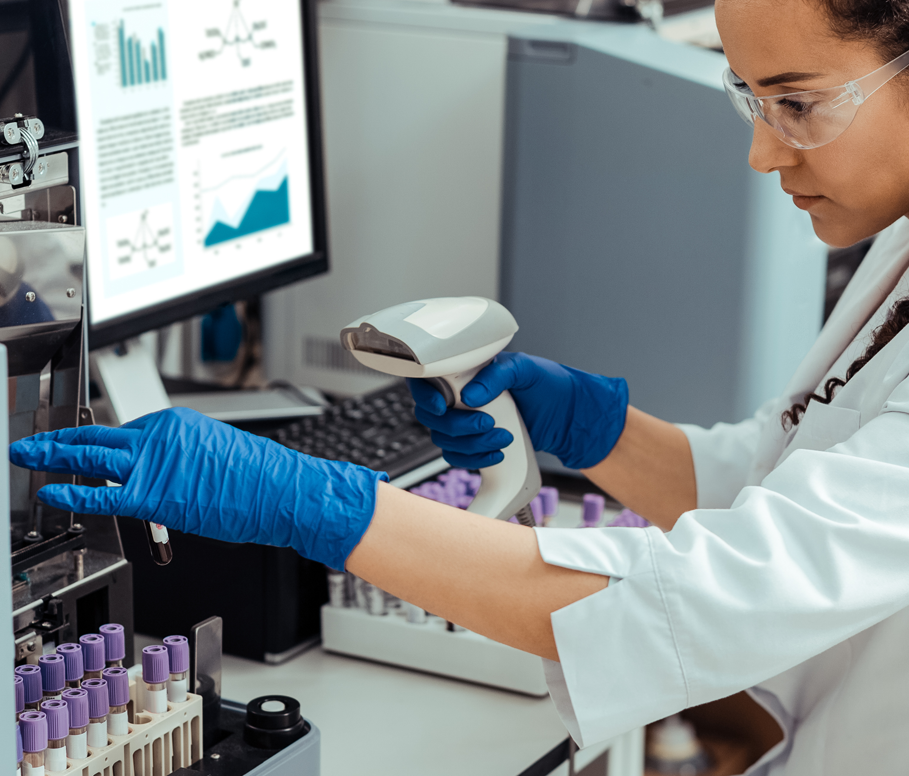As we reach the one-year anniversary of COVID-19 being declared a global pandemic, it is important to reflect on the progress that has been. In the United States alone the manufacturers Moderna, Pfizer-BioNtech and Johnson & Johnson are expected to rollout roughly 600 million COVID-19 vaccine doses by the end of May. In addition to these three vaccines, other candidates are on the horizon from innovators such as AstraZeneca.
From vaccine research and development, to manufacturing and distribution, we’ve witnessed firsthand the power of innovation and collaboration at a global scale. Despite this astounding progress, intellectual property (IP) critics have repeatedly raised alarmist claims, doubting the power and importance of IP in advancing solutions to tackle the pandemic.
A closer look at the vaccine pipeline, however, shows that these doubts are unfounded. IP protections continue to incentivize lifesaving innovation and collaboration at every step of the process:
Although critics were concerned that IP would hinder progress in the fight against COVID-19, the speed of vaccine development and manufacturing, as well as the efforts to execute fair and equitable pricing and distribution, have instead proven that a strong IP ecosystem is a crucial component of an effective response
Critics Claimed: IP Would Undermine the Collaboration Needed to Speed Vaccine Development
Reality: As quickly as pharmaceutical companies initiated the process of vaccine development, skepticism arose that claimed the exploitation of patents would impede collaboration. However, companies recognized the urgency of vaccine and treatment development and quickly set up collaborations that would not have been possible without the guidance and protection of IP rights. Traditional competitors were able to combine resources and technology to ramp up the production of life-saving innovation. These efforts serve as first hand evidence that IP does not undermine collaboration.
Critics Claimed: Suspending IP Would Be Necessary for Speedy Vaccine Manufacturing
Reality: As vaccine candidates were identified and tested, headlines appeared predicting that IP would slow manufacturing capacity, calling for a temporary waiving of IP rights to increase supply. However, once manufacturing began, players in both the public and private sectors harnessed the power of IP to come together and drive the process forward as quickly as possible. Robust patent protections allowed for remarkable partnerships and licensing agreements, such as Sanofi’s move to shift its resources from its own vaccine research to production of the Pfizer and BioNTech vaccine, increasing doses worldwide. Similarly, just this week, it was announced that Merck will work to produce doses of Johnson & Johnson’s vaccine.
Key players at the intersection of public and private industries also came together with the help of IP. For example, The National Institute for Innovation in Manufacturing Biopharmaceuticals, which partners with various private and public organizations, was given a grant of approximately $8.9 million by the US Department of the Treasury to aid company supply chains and accelerate crucial manufacturing.
Critics Claimed: IP Will Lead to Unfair Pricing and Issues with Vaccine Distribution
Reality: Now that innovative vaccines are making their way to patients, pricing and distribution has come to the forefront; critics have claimed that IP will fuel unfair pricing, and, in turn, unequal distribution. However, a number of prominent voices from both the public and private sector have proven just the opposite.
The private sector has collaborated with the WHO and other key global stakeholders in the Access to COVID-19 Tools Accelerator and its COVAX facility to ensure fair and equal global access. The UN Secretary General also reinforced the importance of innovation for vaccine access at a recent G20 summit, reassuring the public that world leaders “will spare no effort to ensure their affordable and equitable access for all people, consistent with members’ commitments to incentivize innovation.” Finally, individual pharmaceutical companies, such as Pfizer, have harnessed IP to develop innovative distribution solutions, including temperature-controlled shipping containers that contains GPS temperature enabled trackers to ensure safe delivery all across the globe.
Throughout the COVID-19 pandemic, we have seen an unprecedented surge of collaboration, and, in turn, the development of life-saving innovation at a speed that would have been inconceivable just a year ago. Although critics claimed IP would hinder this progress, the speed of vaccine development and manufacturing, and efforts to execute fair and equitable pricing and distribution have instead proven that a strong IP ecosystem is a crucial component of an effective response. Continuing to promote IP rights and protections will improve our ability to respond to this and future public health crises – helping to ensure a healthy future.


